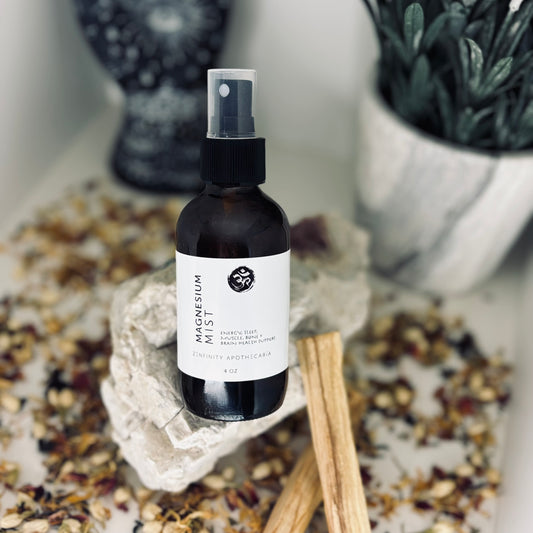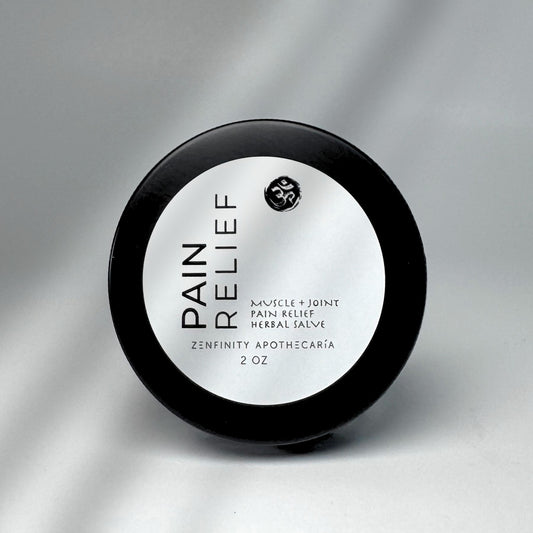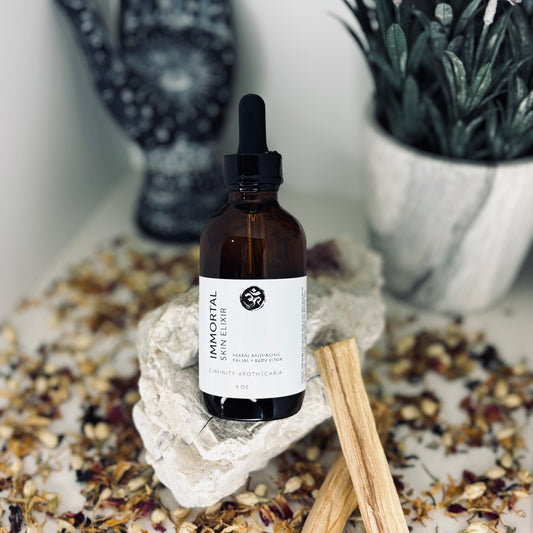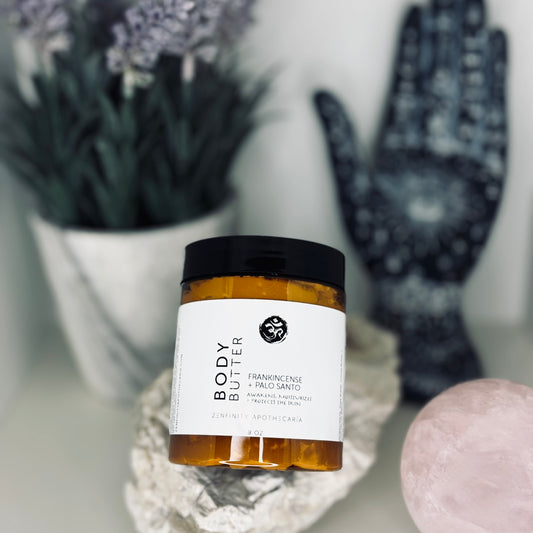A Guide to Building a Safe, Respectful, and Empowered Relationship with Plant Medicine
By Erin Renee Adair, Clinical Herbalist & Holistic Energy Practitioner
Healing in Harmony with Nature
Herbal medicine is one of the oldest healing traditions on Earth, and it continues to guide so many of us back to balance, wellness, and deeper connection with nature. Working with plants is sacred work. Every leaf, root, and flower carries its own energetic wisdom and biochemical intelligence, and when we invite that medicine into our lives, we begin a relationship of trust, awareness, and respect.
Herbs are powerful allies, but they must be used with intention. Just because something is natural does not mean it is harmless. The difference between a remedy and a reaction often comes down to knowledge, quality, dosage, and the way a plant is prepared or combined. Herbal safety isn’t about fear — it’s about honoring the plant’s power and learning how to use it in harmony with your body.
Understanding the Power of Plant Medicine
Every plant is a living symphony of active compounds — alkaloids, tannins, flavonoids, and essential oils — all working together to influence the body. Unlike synthetic drugs that isolate a single chemical, herbs work in synergy, supporting the body as a whole rather than forcing a specific outcome. This is what makes herbal medicine so deeply holistic, but it also means that herbs can have wide-ranging effects.
Some herbs, like chamomile, lemon balm, or nettle, are gentle and nourishing, suitable for most people. Others, such as comfrey, lobelia, or poke root, require great care and specific knowledge. The same herb that uplifts one person might overstimulate another. Each body has its own energetic and physical constitution, and understanding how an herb interacts with that unique chemistry is key to safe and effective use.
Respecting Dosage and Consistency
In herbal medicine, balance is everything. More is not always better. The most common mistake people make with herbs is taking too much, too soon. Herbs work best when used consistently and in moderation, allowing the body to respond naturally over time.
Always start small and give your body a few days to adjust. Notice how you feel — physically, emotionally, and energetically. Tinctures, teas, capsules, and salves all have different levels of potency, so it’s important to follow instructions carefully or seek guidance from a qualified herbalist. Too much of even a mild herb can lead to digestive upset, fatigue, or tension in the nervous system. When used properly, however, herbs create gentle, sustainable change that honors your body’s rhythm.
Quality and Source Matter
The safety of an herb begins long before it reaches your teacup or tincture bottle. Herbs should be sourced from trusted suppliers who prioritize purity, organic growing practices, and sustainable harvesting. Always read your labels carefully — you should see both the common and botanical names, the plant part used, and any extraction details.
Color, aroma, and vibrancy matter, too. Fresh, potent herbs are full of life. They smell aromatic and earthy, not dusty or dull. Poor-quality herbs can be contaminated, stale, or chemically treated, which not only reduces their effectiveness but can also be unsafe.
At Zenfinity Apothecaria, I only use herbs that meet the highest standards of purity, integrity, and energy. When the plant is respected from seed to shelf, its spirit and chemistry remain intact — and that’s where true medicine is found.
Awareness and Contraindications
Even natural substances can interact with medications or certain health conditions. This doesn’t make herbs unsafe — it simply means they must be used wisely. St. John’s Wort, for example, may interfere with birth control or antidepressants. Licorice root can raise blood pressure when used in excess. Ginkgo may increase bleeding risk for those taking blood thinners, while valerian and kava can amplify the sedative effects of alcohol or medication.
If you’re pregnant, nursing, taking prescription medications, or managing chronic health concerns, it’s essential to do your research or consult a professional before beginning any new herbal regimen. The more informed you are, the safer and more effective your herbal journey will be.
The Value of Working with a Herbalist
One of the most important aspects of herbal safety is knowing when to seek guidance. Working closely with a trained herbalist can make a world of difference, especially when you’re exploring herbs you aren’t familiar with. Herbalists don’t just suggest plants — they interpret the relationship between your body, your constitution, and the energetic qualities of the herbs themselves.
A skilled herbalist will assess your unique needs, health history, medications, emotional patterns, and energetic tendencies before making personalized recommendations. They understand how to blend herbs safely and effectively, how to balance warming and cooling properties, and how to adjust formulas based on your body’s feedback.
If you ever feel drawn to a new herb but aren’t sure how to use it, reach out. Ask questions. Learn before you experiment. This is how you build a respectful and empowered relationship with plant medicine. Having a trusted herbalist to guide you is one of the best ways to ensure that the herbs you use are safe, appropriate, and effective for your body’s specific needs.
Listening to the Body
Herbal medicine invites us to slow down and pay attention. Your body speaks through subtle signals long before it shouts. If something doesn’t feel right — if you experience headaches, nausea, agitation, rash, or any other discomfort — stop and reassess. Sometimes a different preparation, a smaller dose, or a new combination is all that’s needed.
Herbs are teachers. They help us reconnect to intuition, presence, and the wisdom of our own physiology. The more you listen to your body, the more you’ll learn how it communicates what it needs.
Preparation and Intention
How an herb is prepared can completely change its effect. Teas (infusions) draw out delicate vitamins and aromatic compounds. Decoctions, which simmer roots and barks for longer periods, release deeper medicinal constituents. Tinctures extract both alcohol- and water-soluble elements for stronger, longer-lasting preparations. Syrups and oils are perfect for soothing the respiratory system or nourishing the skin.
When preparing herbs, think of it as ceremony — not routine. The way you approach the process infuses energy into the medicine itself. Respect, mindfulness, and gratitude amplify the healing vibration of what you create.
The Sacred Responsibility
Working with herbs is a sacred responsibility. These plants are living beings that have nourished humanity for generations. They deserve reverence, not exploitation. When we educate ourselves, honor the plants’ boundaries, and work in right relationship with nature, we become stewards of true Earth medicine.
Herbal safety is not about restriction — it’s about relationship. It’s learning how to use what the Earth provides with care, integrity, and deep awareness.
Final Thoughts
Herbal medicine bridges science, spirit, and intuition. It reminds us that healing is not about control — it’s about connection. When you work with herbs properly, you’re not just treating symptoms; you’re engaging in an ancient conversation between your body and the Earth.
If you’re ever uncertain about an herb, seek guidance. Working closely with a knowledgeable herbalist helps ensure you’re using plants safely and effectively. It’s not about giving up control — it’s about gaining clarity, confidence, and wisdom.
Herbs are powerful allies. When used with intention, education, and respect, they become some of the most gentle and transformative medicines we can work with.
Disclaimer
This article is for educational purposes only and is not intended to diagnose, treat, or cure any medical condition. Always consult with a qualified healthcare provider or herbalist before starting any new herbal regimen, especially if you are pregnant, nursing, or taking medications.





